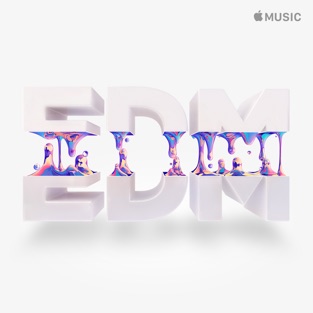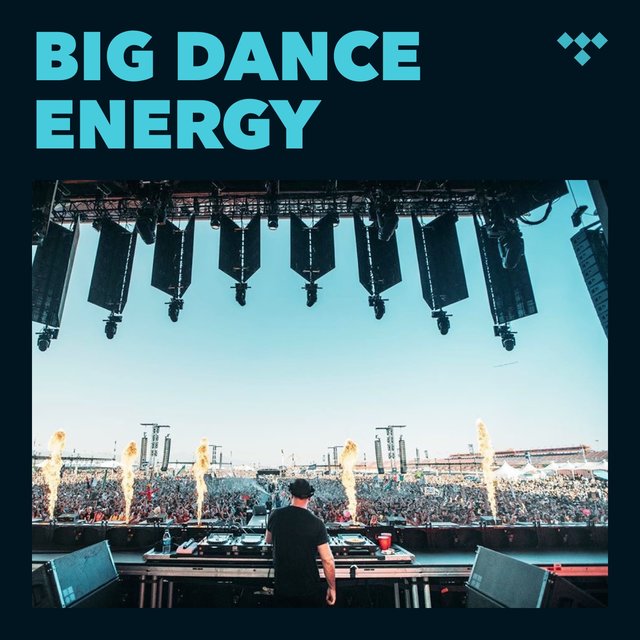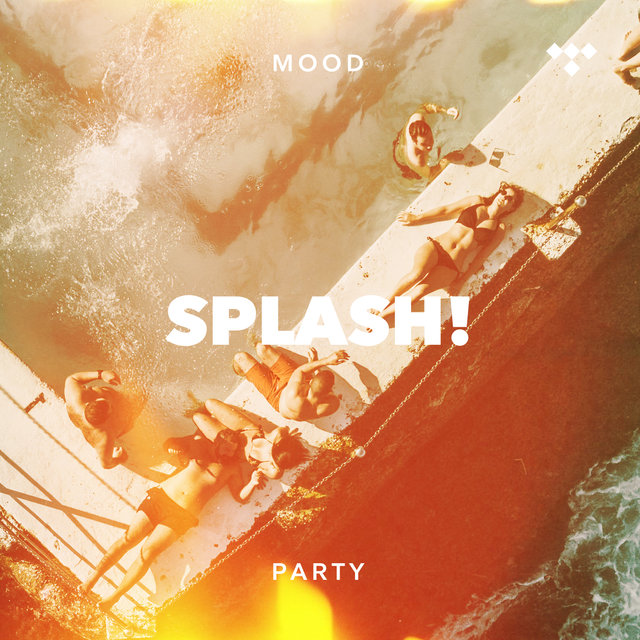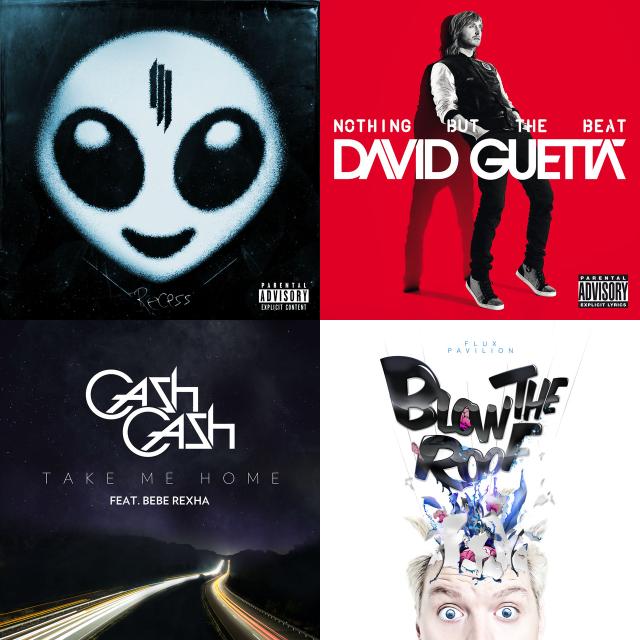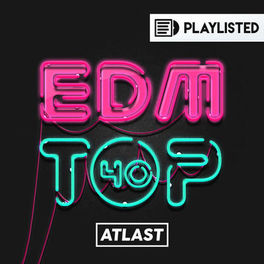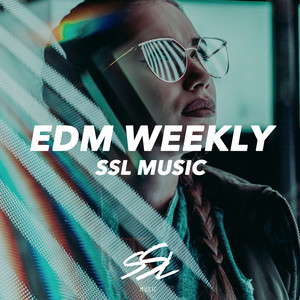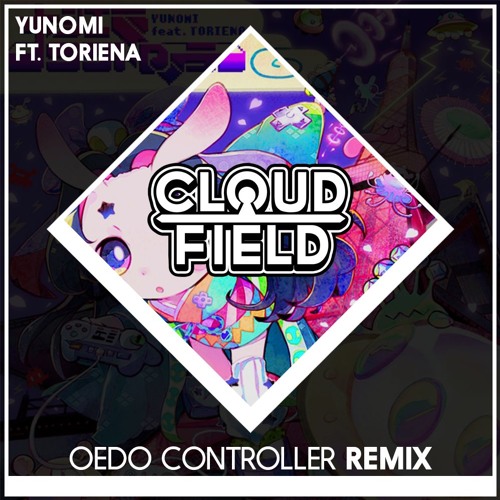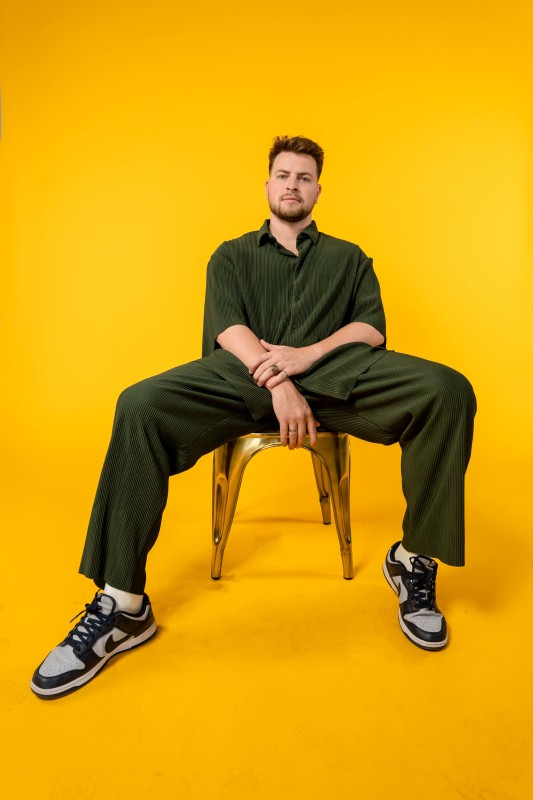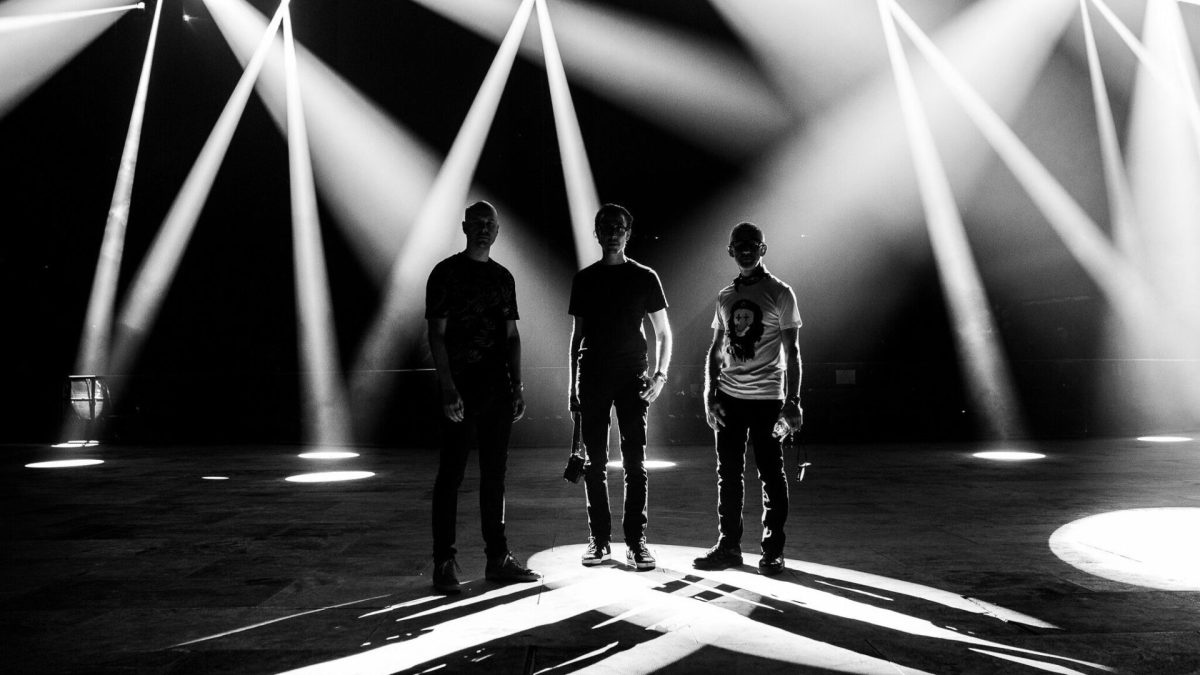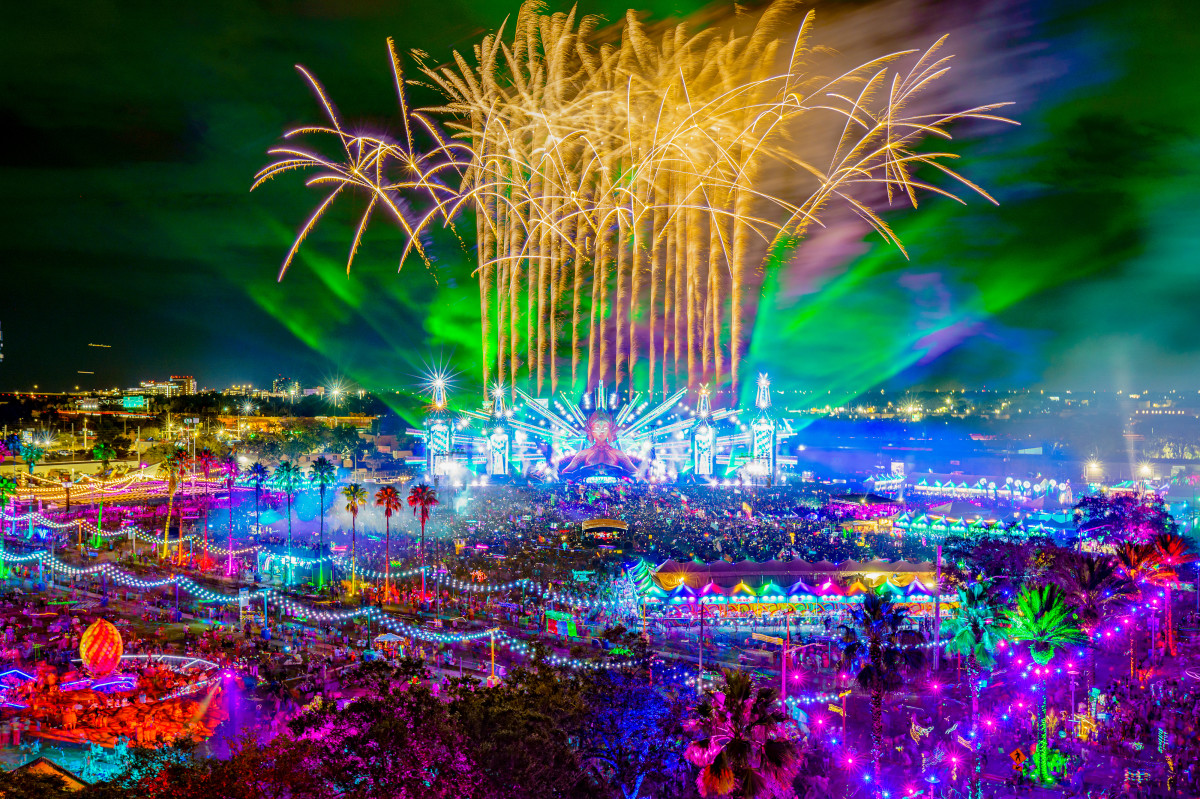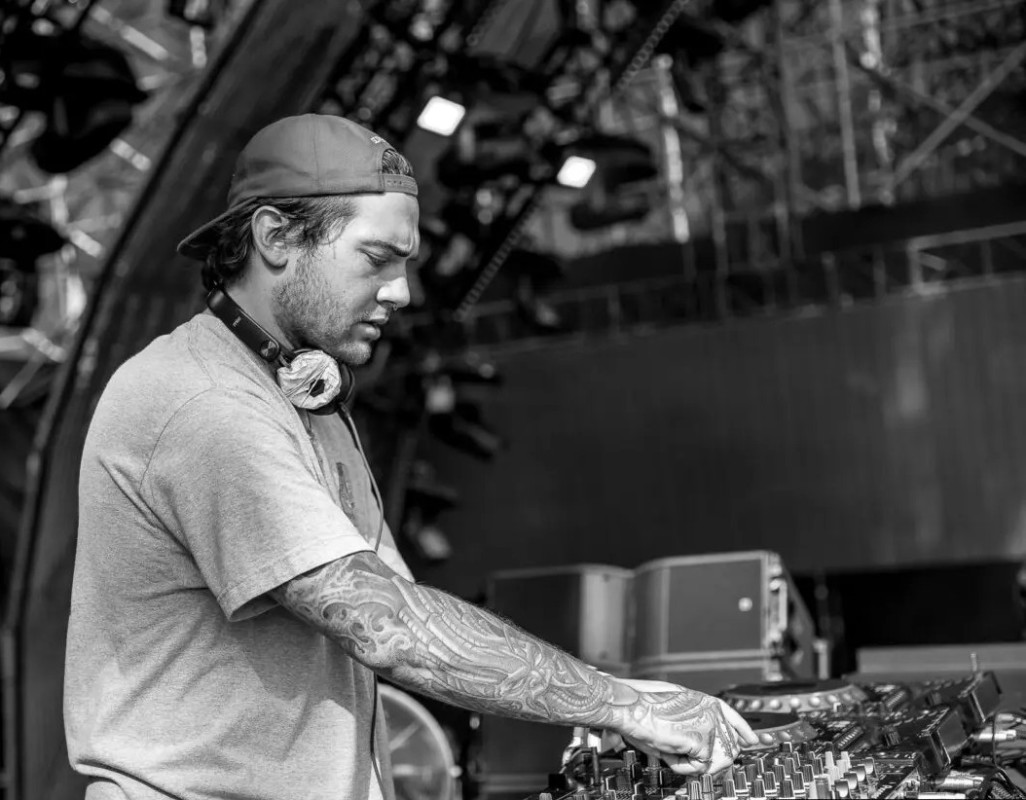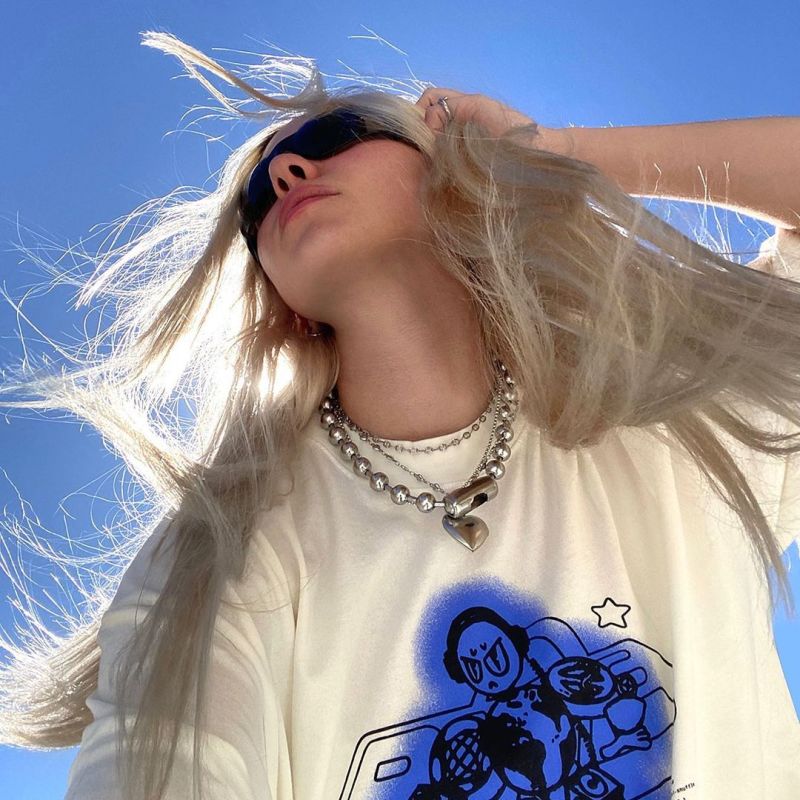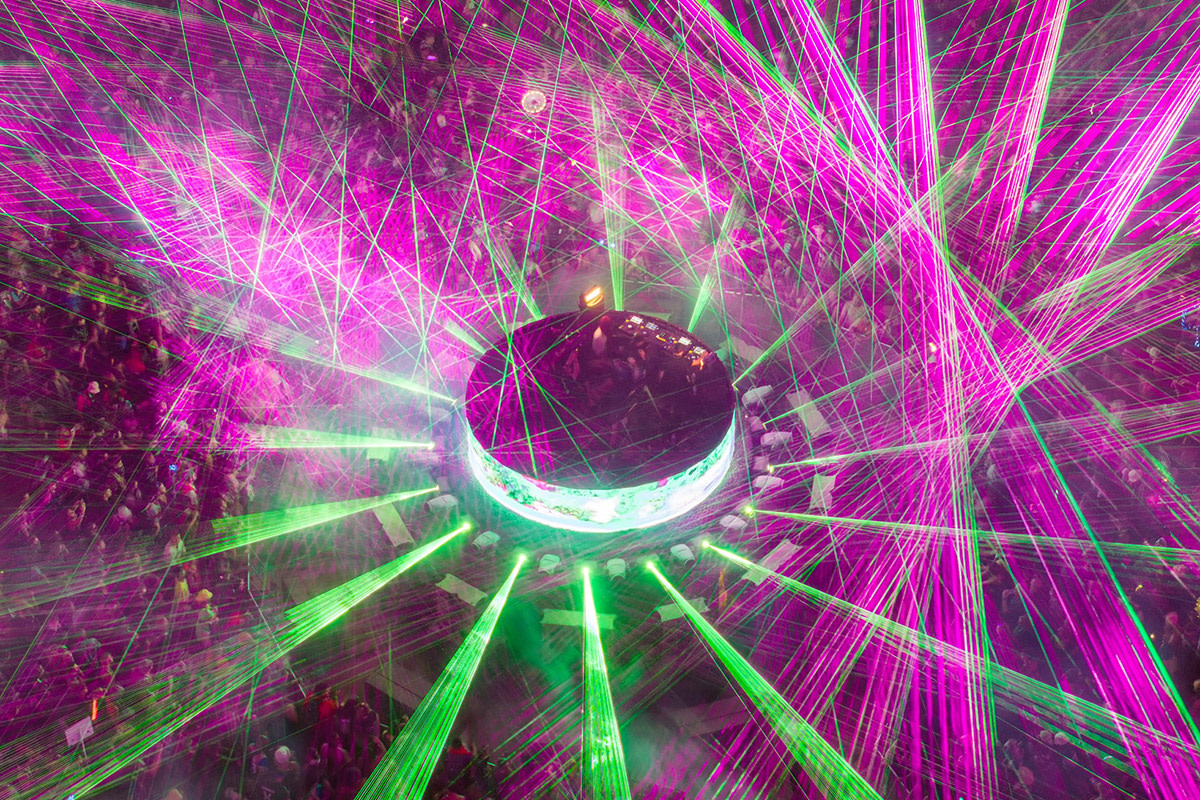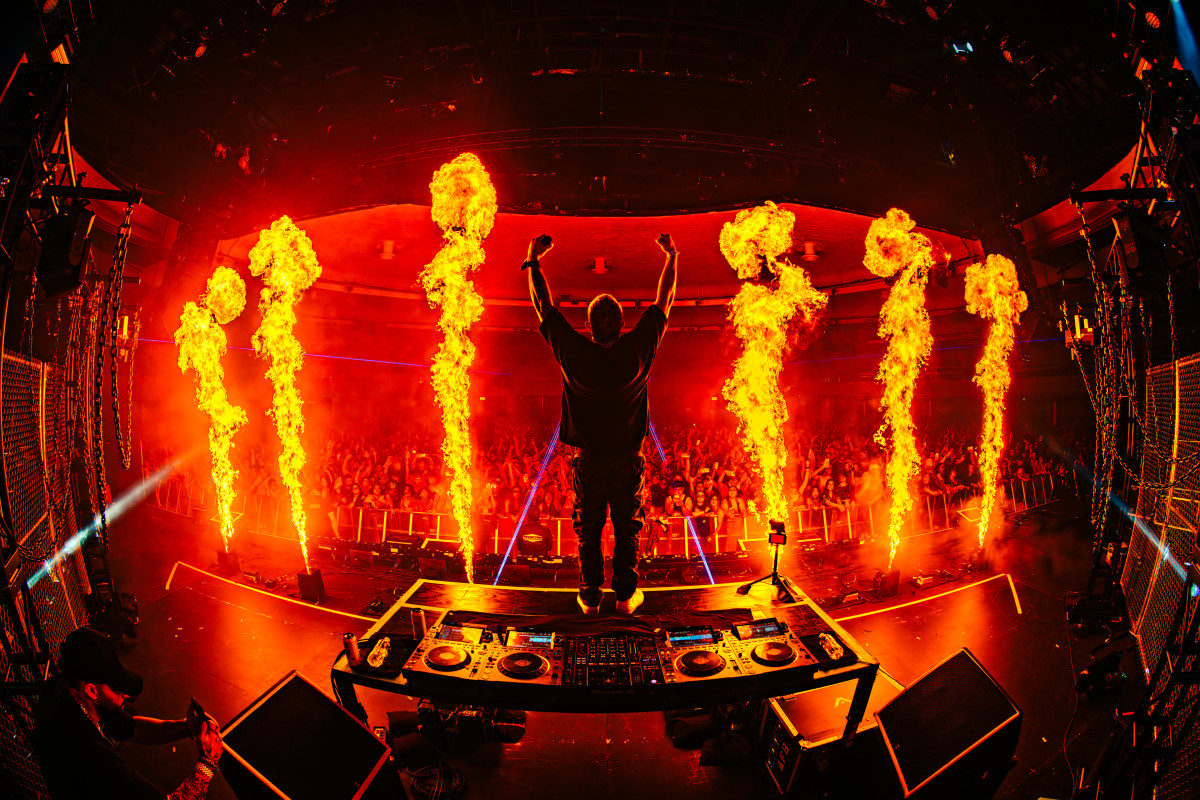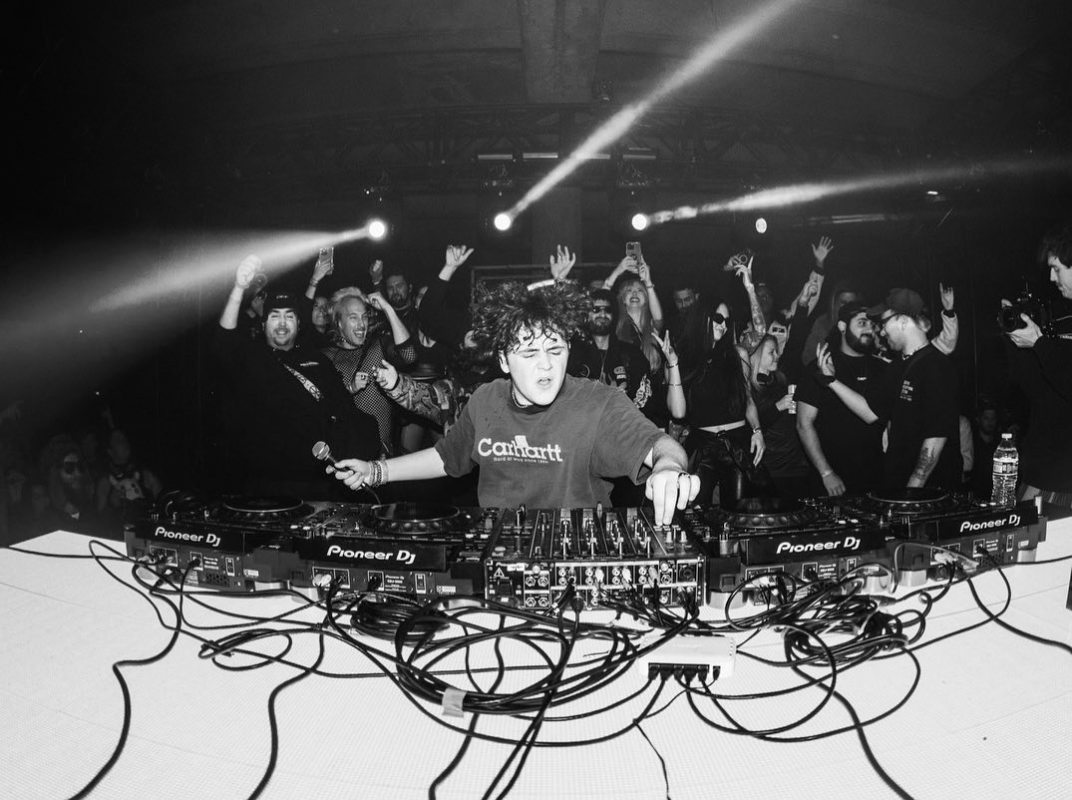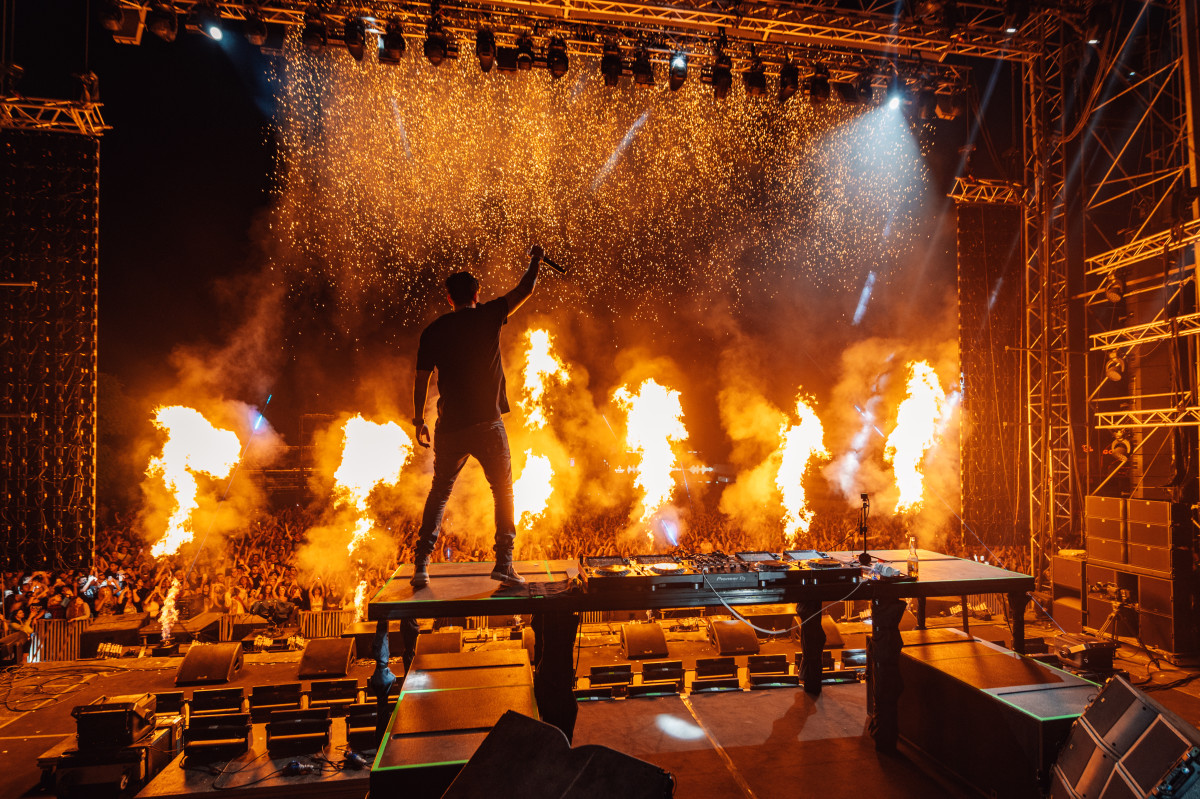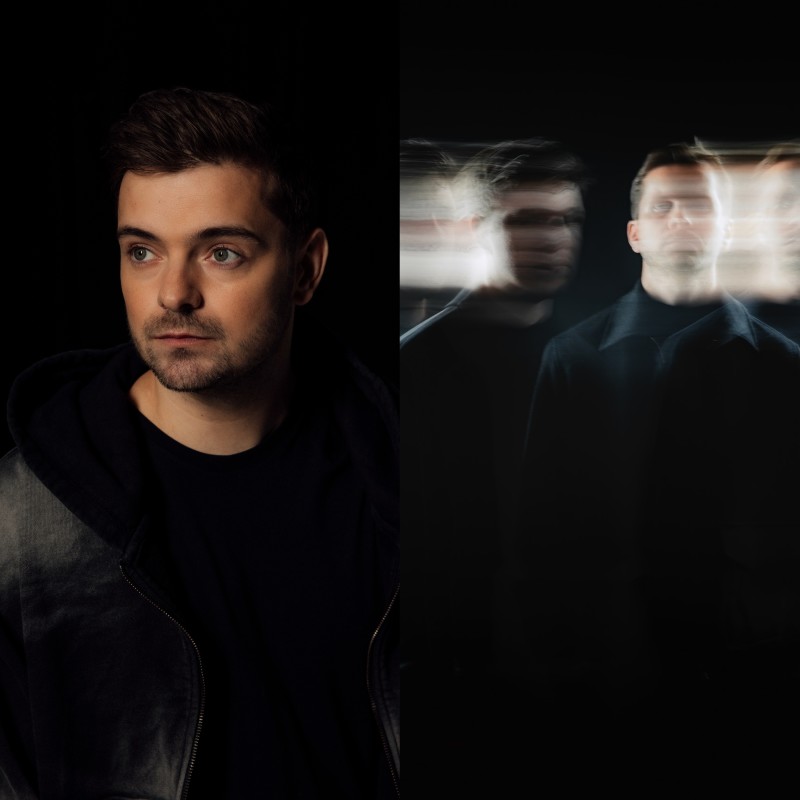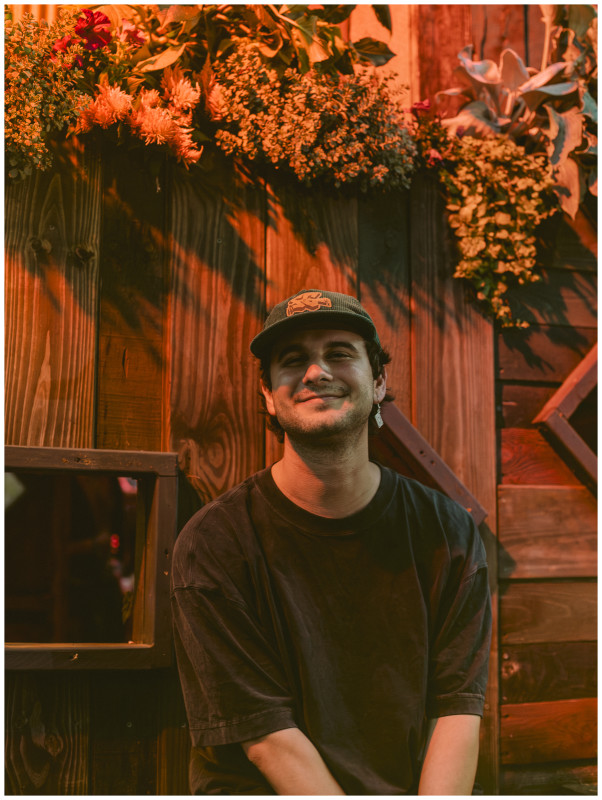The Trained Collaborator: Ways AI Could Improve the Lives of Electronic Musicians in 2023
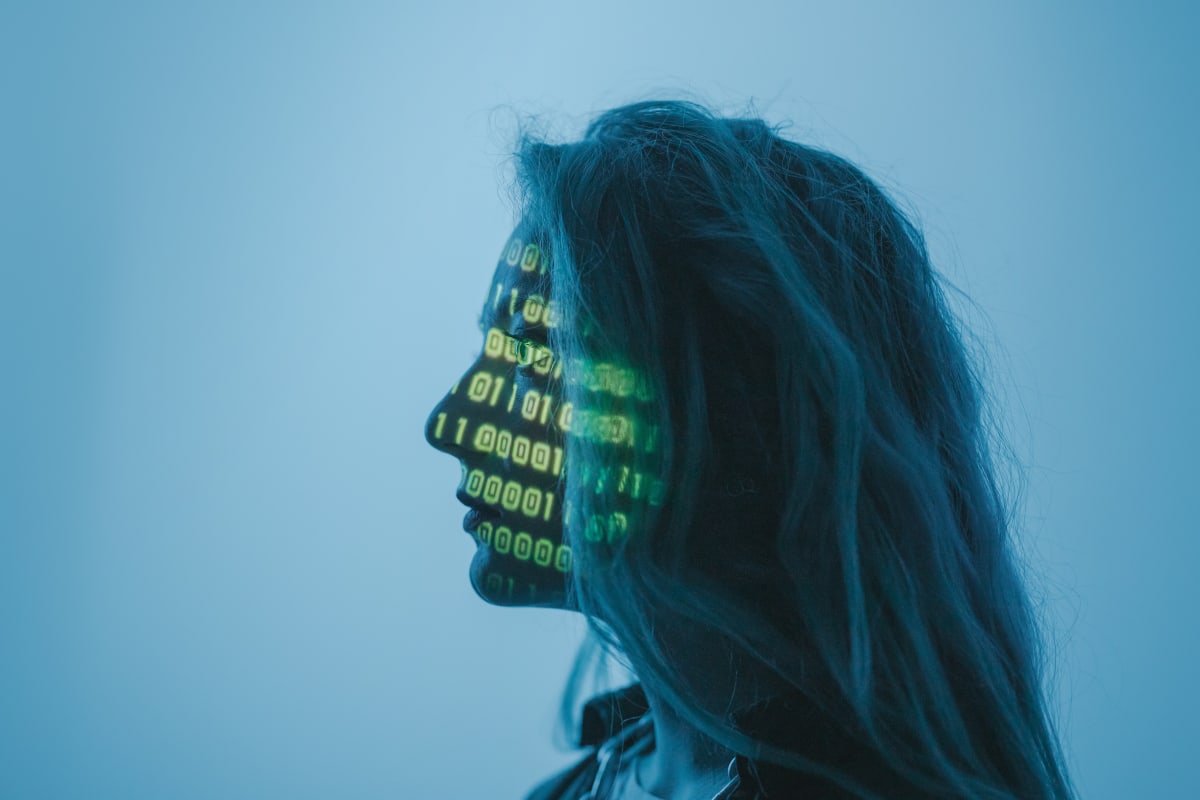
Those with even a flimsy plug into the Internet of Things know that AI-generated music has become the industry's biggest flashpoint. And its implications are nothing short of explosive.
Whether you believe artificial intelligence is valuable or venomous, one thing's for sure. When it comes to music, AI should enhance humans—not displace them.
Just ask Vickie Nauman, a thought leader in the tortuous world of digital music whose expertise has led to influential developments in licensing, tech, Web3 and more. Nauman is the Founder and CEO of the Los Angeles-based boutique music tech consulting and advisory firm CrossBorderWorks, where she has been working with a robust portfolio of major players since 2014.

Aaron Jay Young
Electronic musicians, Nauman tells EDM.com, have long been among the first to embrace technological tools to connect with fans before the traditional industry, making strong early moves in Web3.
"This is part mindset and part nature of the creative medium, with DJs relying on a constantly changing mix of electronic and tech tools, sounds and systems to make music," Nauman explains. "AI is the next opportunity, a highly advanced and fast-evolving tool in a continuum."
In Nauman's own words, here are a few ways AI could improve the lives of electronic musicians.
Composition, production and music generation
Everyone has creative blocks from time to time, and composers/producers have a growing suite of AI tools for rhyming, lyrics, and melodies. We will see more plugins to digital audio workstations with AI sound packs, loops and libraries that are (truly) free and clear of all royalties and potential claims.
These creator tools will have greater intelligence over time, enabling artists to train them on their own unique styles and sounds as extensions of the creators.
Supporting the electronic community from the ground up.
It’s gotten easier and cheaper to make credible music with limited experience and resources. The democratization of creative tools is bound to extend even further with AI, as we can further reduce the cost and shrink requirements for developing artists.
Greater access, regardless of geographic locations or demographics, opens the door for better co-creation and collaboration, which will fuel a new generation of fans as well as talent.
Visuals and artwork
Electronic music has a natural extensibility to it, with remixes and expansive live sets that enable an immersive experience for fans. DJs have led the way in Web3, and the combination of AI and Web3 tools opens the door for even greater audiovisual collaborations, constantly evolving generative companion art and use of custom AI-driven visuals for touring, backgrounds and porting to social media.
Rights management
DJ sets have notoriously had issues in monetization and attribution in digital services as well as physical venues. AI can be deployed to better detect, attribute and parse out songs and samples as well as unique sound recordings for rights management, claiming and reporting purposes. AI could bring new solutions to daunting rights management tasks, as well as provide a more scalable framework for co-creation.

